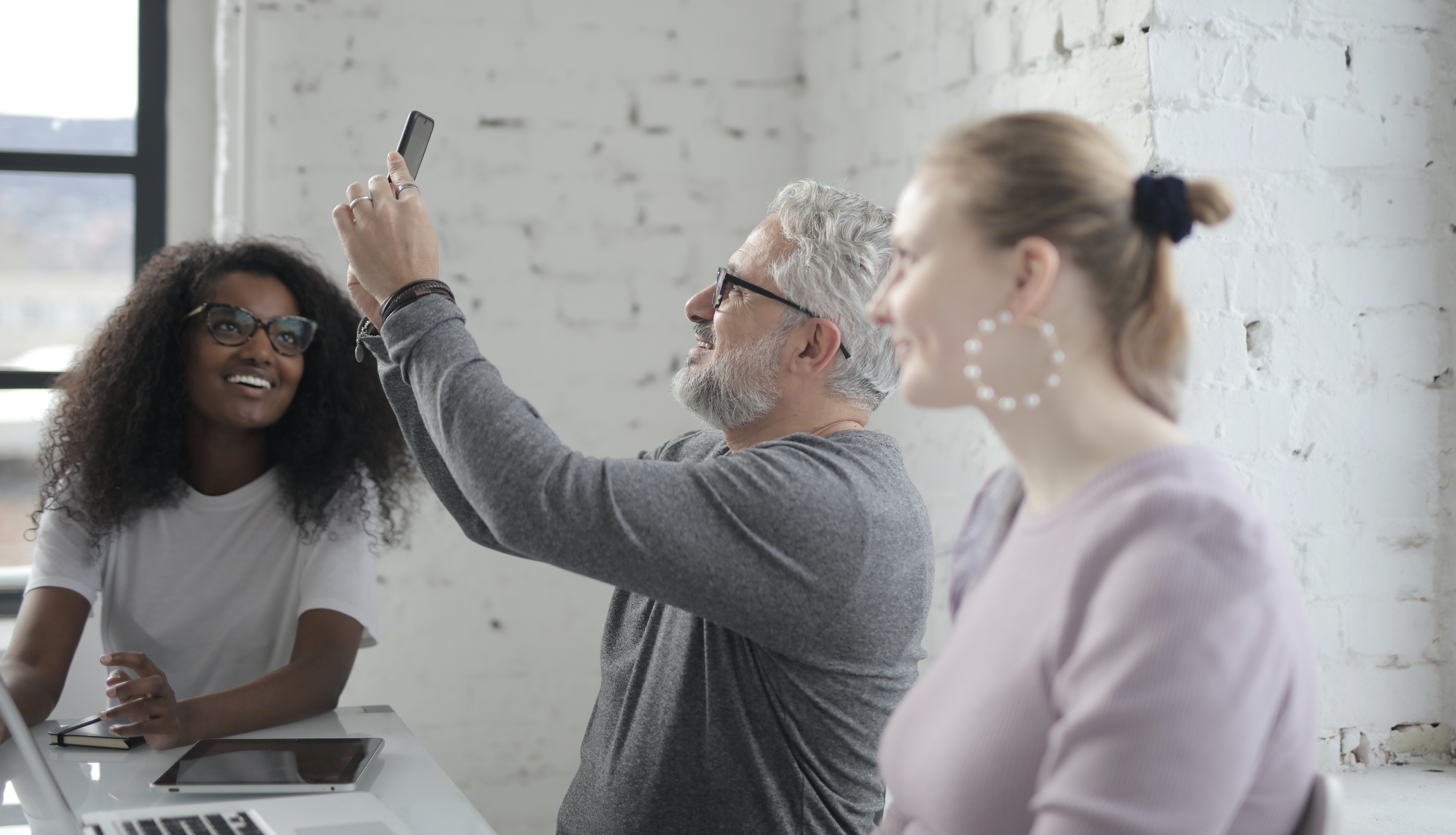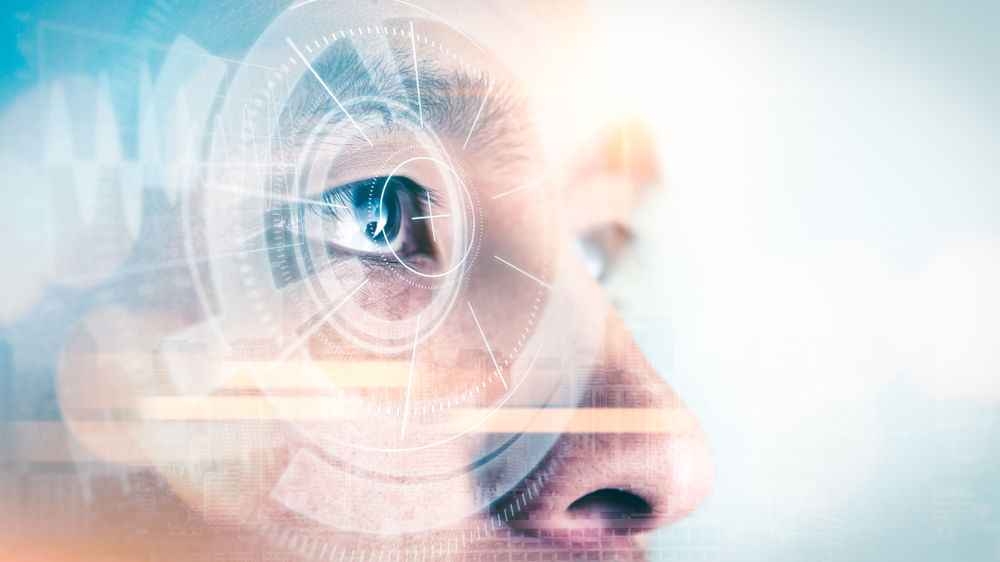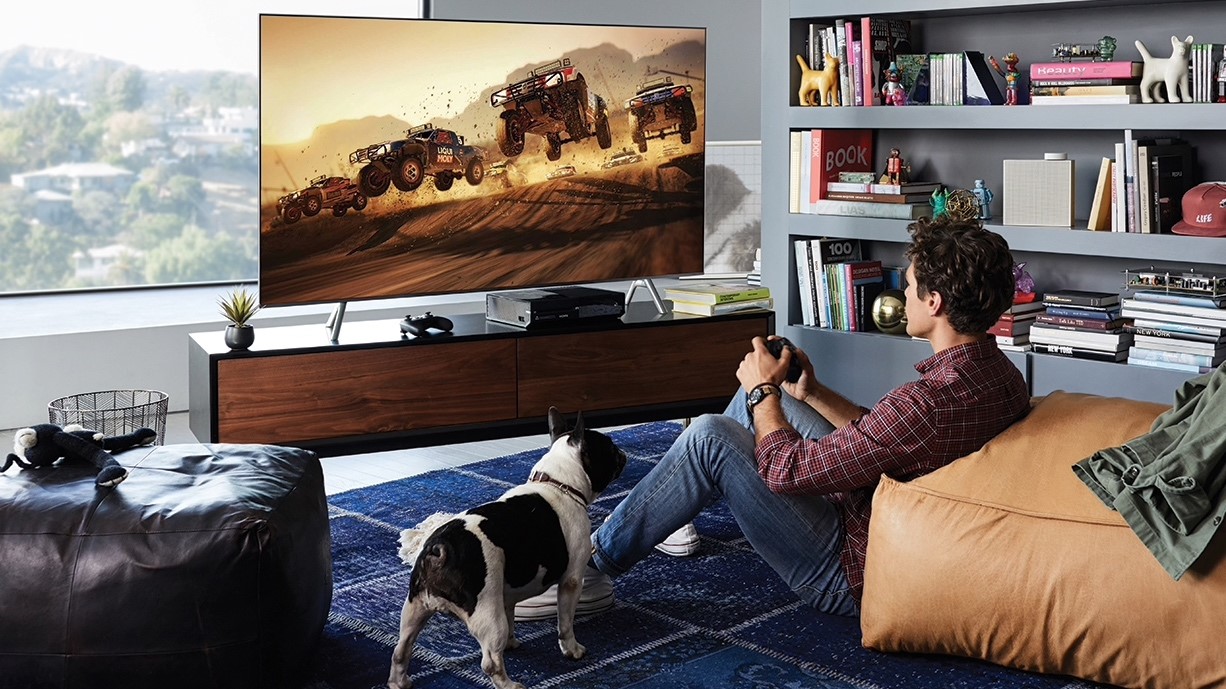How to reduce eye strain when you're using screens all day
Staring at screens all day? Here’s how to do it safely

Sign up for breaking news, reviews, opinion, top tech deals, and more.
You are now subscribed
Your newsletter sign-up was successful
It’s hard to avoid staring at screens these days. But if you’re trying to reduce eye strain from all those TVs, work PCs, gaming consoles, smart displays, and more, there are a few things you can do to offset it.
Eye strain is an incredibly common issue in a world dominated by various screens. So many of us type at a screen all throughout our work hours, are pulled into the various social media apps of the attention economy in the rest of our waking minutes, and usually relax at home with the TV on before attempting to switch ourselves off and rest.
We can’t remove those sources entirely for you – unless you really do want to go live off-grid in the woods, which we fully encourage if you can do it – but that doesn’t mean your eyes have to suffer. Here’s everything you can do to reduce eye strain and help protect the long-term health of your delicate eyeballs.
Wait, what is eye strain?
Eye strain happens when your eyes have been focusing too long – like when your muscles ache after a long workout. With eye strain, however, you can end up doing long-term damage by not addressing it – all the more likely when your tired, overworked eyes start to feel like a given part of your existence.
Eye strain can mean different things for different people: they might feel itchy, sore, or even like they’re burning. They might be overly watery, or very dry. You might have difficulty focusing, a pounding headache, or even start to see the image in front of you blur.
Your retina is a delicate thing, too, and can be highly sensitive to the kind of blue-wavelength light used in most LED screens. When blue light hits certain proteins in the retina, it can start harming (or killing) crucial photoreceptor cells – which don’t regenerate either (via Forbes).

OK, how do I reduce eye strain?
We’re glad you asked.
Sign up for breaking news, reviews, opinion, top tech deals, and more.
The UK’s NHS recommends pausing to look away from your screen, remembering to blink (do it!) and stretching your head and neck so you aren’t building up muscle tension in an uncomfortable position.
Breaks are also important – so whether it’s getting up to do a coffee run in the office, or just heading to the kettle in your own kitchen, definitely take whatever excuses you can to get up from your seat (and navigate good ol’ three-dimensional space) between tasks.
That’s to assume you’re working, though, and part of the problem may be all the screen time you’re doing when you’re not working.
Try not to head straight to your phone or television in your spare moments, as you end up locking your eyesight at a fixed distance in front of you all day, every day. Ensuring regular breaks for your leisure screen time too is important. If you’re sitting on your PS4 or Xbox One X, or want to binge the latest Netflix shows, try to limit to an hour of play (or 1-2 episodes) at a time.

I love my screen time. What do I do?
For those without the luxury of staying away from screens – so many of us, in this digital economy – there are a few measures you can take to reduce the impact all that screen time is having on your eyes.
First off, download f.lux – it’s a desktop app that actually controls the level of blue light emitted by your screen, allowing it to more accurately imitate the brightness and wavelengths of sunlight, and stop all that blue light messing with your body's melatonin production (you'll sleep better).
It’s not the real deal, but it’s better than staring at your screen without it. f.lux is available on desktop for Windows PCs, MacOS, and Linux; there’s a preview build on the Google Play store for Android smartphone users, too, though nothing on the Apple App Store.
For iPhone users, you can use Apple’s Night Shift functionality instead, which also auto-adjusts your phone display to output warmer color wavelengths, in response to the time of day in your region. (You can find Night Shift by heading to Settings > Display & Brightness > Night Shift in your phone.)
I can't solve this by myself – help!
If your eye strain feels more drastic than just a few too many episodes of a TV show, it might be worth booking an appointment with an eye health professional.
If you use a computer every day as part of your job, UK employers are legally required to fund an eye test under the Health and Safety (Display Screen Equipment) Regulations 1992.
Have a word with your boss (if you have one) and head to an optician to get everything properly checked out.

Henry is a freelance technology journalist, and former News & Features Editor for TechRadar, where he specialized in home entertainment gadgets such as TVs, projectors, soundbars, and smart speakers. Other bylines include Edge, T3, iMore, GamesRadar, NBC News, Healthline, and The Times.